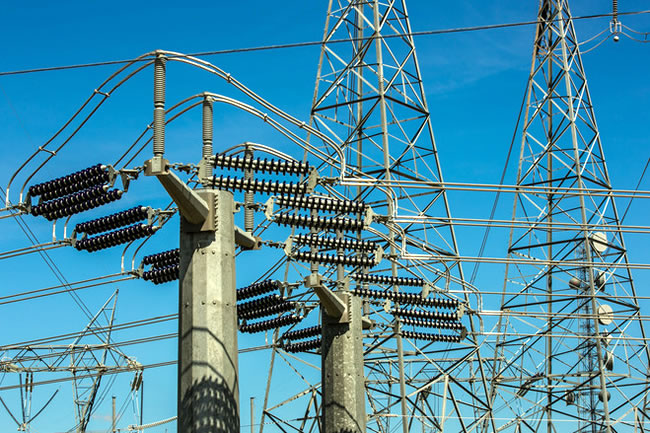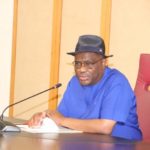With the number of grid collapses the country has recorded in last seven years, the umbrella body of the electricity Generation Companies, Association of Power Generation Companies (APGC) says the menace triples the maintenance cost of generating sets.
Data from the Nigerian Electricity Supply Industry (NESI) shows that between January to November, the country recorded four collapses and 127 from 2013 till date.
So far, 2020 has the lowest amount of collapses compared to 11 that was recorded in 2019.
The highest number of system collapse was recorded in 2016 with a total of 28.
Experts, however, have argued that the spate of grid collapses will only be resolved with adequate spinning reserve.
They advised that the Nigerian grid requires up to 400 MW of spinning reserve to be stable but the Transmission Company of Nigeria (TCN) has repeatedly reminded the regulator, Nigerian Electricity Regulatory Commission (NERC) of the need to procure at least 260MWs.
The Executive Secretary, APGC, Dr Joy Ogaji explained that the frequency deviations out of tolerable zones are not only damaging the units but also are increasing considerably, the maintenance costs close to three times the normal maintenance costs.
According to her, the intervals between the mandatory maintenance will also decrease and require a longer time for completion.
She further explained that the downtime of the generating units becomes greater adding that the damaged units will also need extra investment which will not increase the power plant capacity.
In her explanations, Ogaji maintained that one of the main causes of grid instability is frequency roaming engendered by either load rejection or uninstructed generation/overload.
“Research has shown that Outages/grid collapses occur when there are system disturbances along the transmission grid. Such disturbances could include a massive drop of the load from a sub-station that would cause the grid to become unstable.
“While the first stage solution is compulsory for all Gencos, i.e. operating on “Free Governor Mode (FGM) in accordance with the grid code specification” to enable effective control of the frequency accordingly, the second Stage solution is calling up of “Spinning Reserve” from the incentivised providers.
“The non-responsiveness of the regulator to this critical issue is worth exploring by Nigerians given the technical, commercial and economic effects of the frequent grid collapses in a regulated market such as the Nigerian Electricity Supply Industry (NESI),” she said.
YOU SHOULD NOT MISS THESE HEADLINES FROM NIGERIAN TRIBUNE
Owu People Do Not Steal ― Obasanjo
Former President of Nigeria, Chief Olusegun Obasanjo on Saturday affirmed that Owu people are industrious and enterprising and nobody from the kingdom could be accused of stealing…
After Two Years, Daddy Freeze Apologises To Bishop Oyedepo
Daddy Freeze whose real name is Ifedayo Olarinde has apologised to Bishop Oyedepo who is the presiding bishop and founder of Living Faith Church aka Winners Chapel…
WATCH TOP VIDEOS FROM NIGERIAN TRIBUNE TV
- Let’s Talk About SELF-AWARENESS
- Is Your Confidence Mistaken for Pride? Let’s talk about it
- Is Etiquette About Perfection…Or Just Not Being Rude?
- Top Psychologist Reveal 3 Signs You’re Struggling With Imposter Syndrome
- Do You Pick Up Work-Related Calls at Midnight or Never? Let’s Talk About Boundaries






